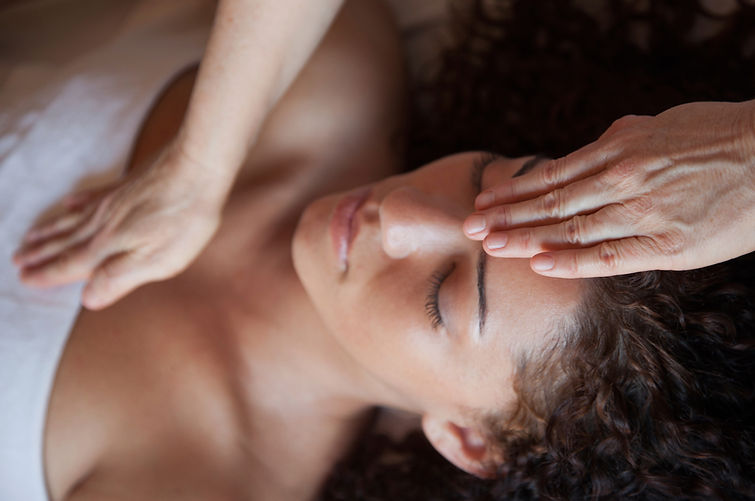
THE POWER OF REIKI
Reiki was developed by Mikao Usui in Japan in the 1920's. Reiki is an ancient technique used to reduce stress and increase relaxation by opening energy channels in the body through non-invasive, non-manipulative gentle touch. Why might Reiki be an option for individuals recovering from mental illness and substance use? Physiologically, Reiki has been shown in clinical data to be effective in activating the parasympathetic nervous system. Reiki stimulates our PNS via the vagus nerve, which is known to play a vital role in mediating the mutual interactions between our brain and body. We know that our PNS is quantitively measured by a reduced heart rate, reduced blood pressure, and increased heart rate variability. Well, increased heart rate variability is associated with better emotional regulation, improved coping strategies, increased positive emotion, and increased social connectedness! Reiki has been shown to assist in the improvement of pain perception, reduced depression, and improved mood and quality of life. Reiki is a useful component to conventional practices and can additionally be used as a complimentary therapy to other methods.
Below is a resource for Serenity Oasis, located in Westlake Village, where you can experience group or individual Reiki sessions and sound baths performed by a colleague of mine, Alison Lopez. She is incredible at her practice and understands the intricacies of addiction and mental health recovery.
Serenity Oasis has generously offered a code for all recovering individuals to receive a special offer. You can book sessions through her website or via Instagram, and for all those in recovery, send her a message with the hashtag #Recovery to activate your offer.
Alison also has a speciality in treating oncology patients. All those personally impacted with a cancer diagnosis receive free sessions. Just book via website or Instagram and send her a message using the hashtag #FuckCancer to activate your offer.



